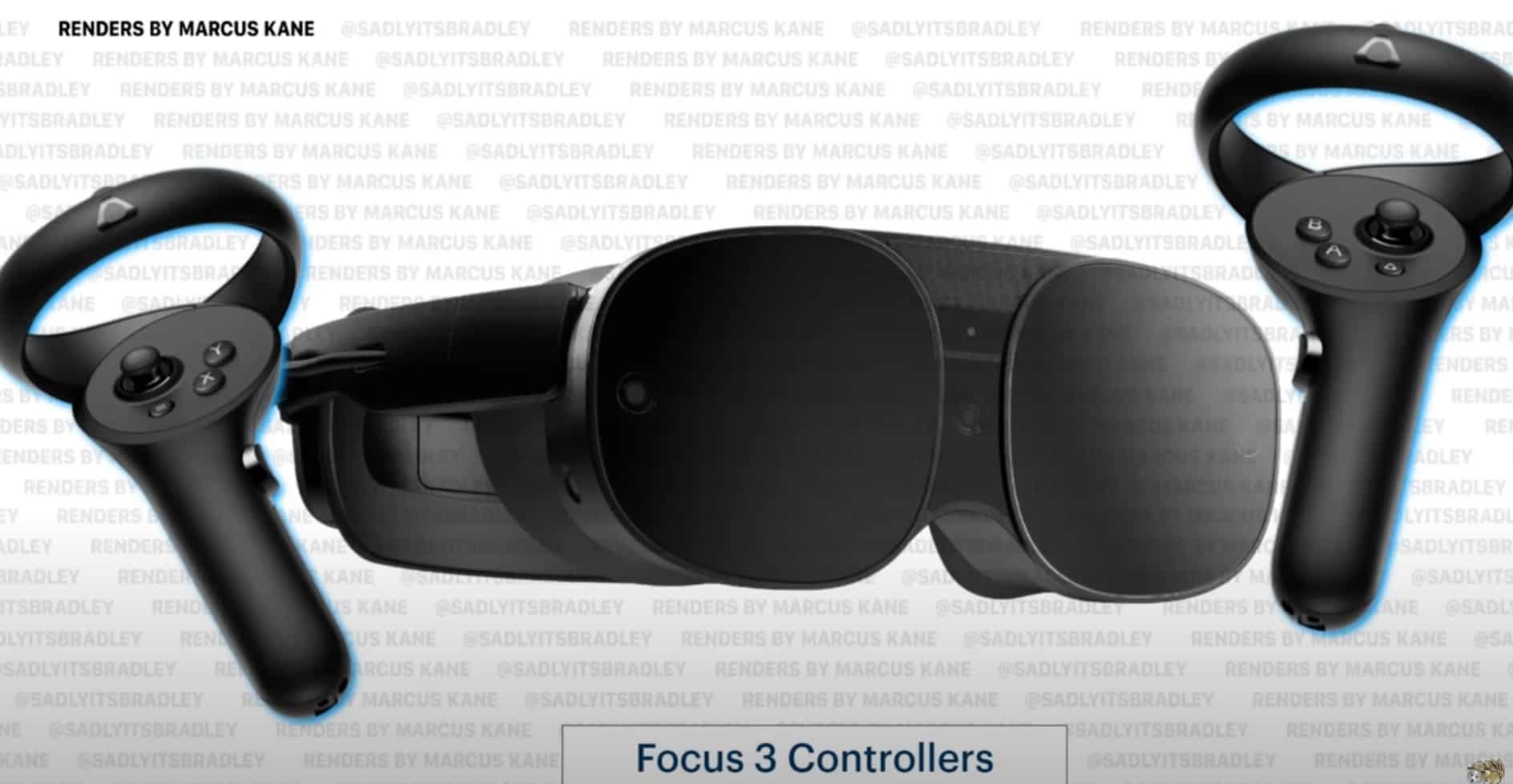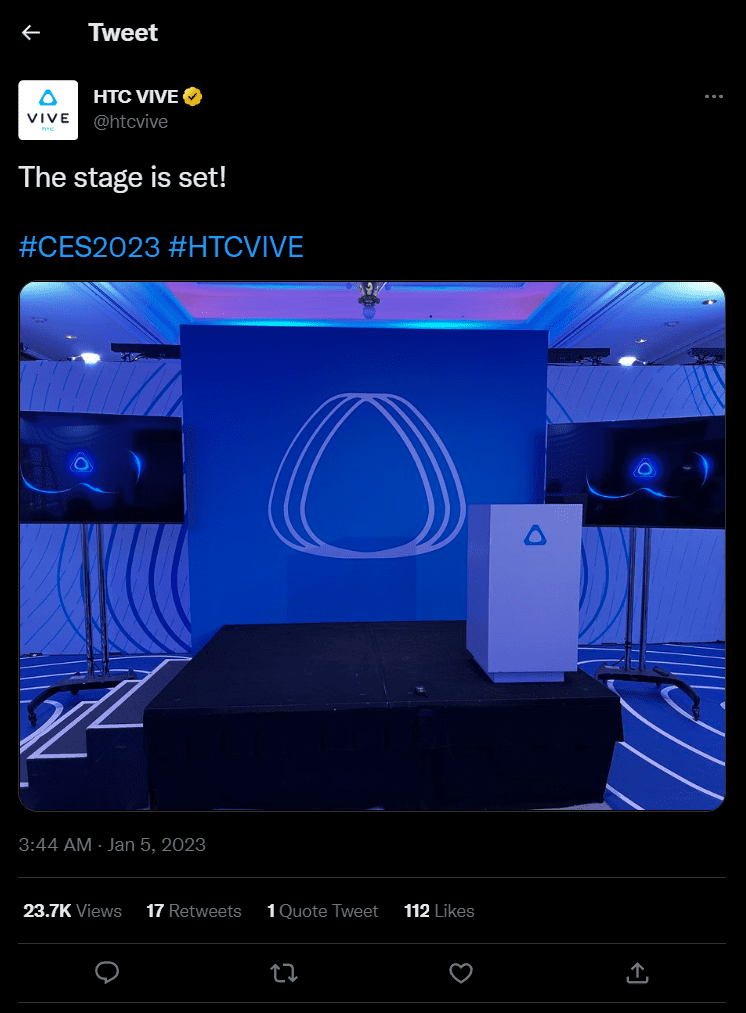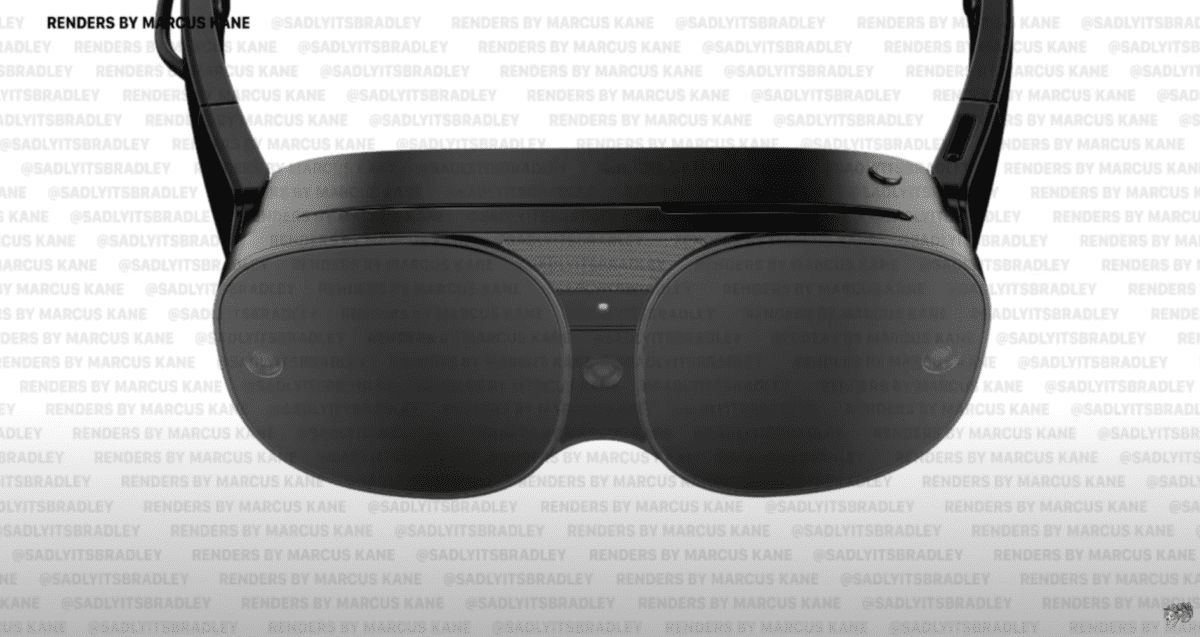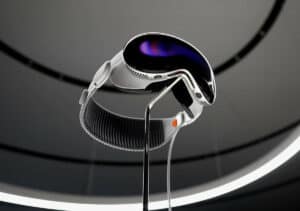HTC to announce HTC ‘Flowcus’ VR headset at CES 2023
Get with the flow, cuz

WePC is reader-supported. When you buy through links on our site, we may earn an affiliate commission. Prices subject to change. Learn more
*UPDATED* Turns out the new HTC VR headset is not called the flowcus, read our up-to-date Vive XR Elite release date page for all the relevant info
With CES finally in the swing of things, we’ve finally heard some concrete info about the new HTC Vive successor, and apparently, it’s going to be a standalone headset, similar to the Meta Quest Pro.
Info has slowly been trickling in from many sources, however, as usual, we’re concerned mostly with what we can find straight from the horse’s mouth, in this case, HTC itself.
HTC made waves a few years ago with their line of Vive virtual reality headsets that were undeniably impressive, but the power came with limitations and costs many found untenable. This lead many to opt for more self-contained options such as the Meta Quest 2, or the recently released PICO 4 VR.
NOW READ: What to expect from Nvidia at CES 2023
So, it should come as no surprise that all sources point to the new HTC VR headset being a standalone version. As usual, HTC has been coy about the details, instead indulging in vague Twitter posts.

This confirms the January 5 2023 CES announcement date they previously gave, which might seem redundant but quickly canceling announcements is not unheard of for the tech industry. Looking at you, 4080 12GB.
HTC Vive Flowcus
As per usual, we’ve been paying attention to noted VR insider and all-around good lad Brad Lynch (@SadlyItsBradly on Twitter).
He, alongside some other media outlets, are confident that the new HTC VR headset will be called the HTC Vive Flowcus and it’s looking pretty impressive, painfully committee-workshopped name notwithstanding. Full details can be found here, but the following is a list of the main points.
NOW READ: Ryzen 7000 3D V-cache CPUs announced at CES 2023
HTC Vive Flowcus specs & price rumors
Straight out of the gate, it appears that HTC is looking to undercut the Meta Quest Pro by aiming for a $1000 price point.

Make no mistake, this is still definitely a ‘prosumer’ price, but a $500 dollar saving over Meta’s offering is nothing to sniff at.
In terms of specs, details are spotty as usual, but most agree that we’ll see a modular design that allows for standalone use, or tethered gameplay. This would also allow for optional modules to be sold later on, though nobody has any idea what these might be or how vital they’ll be marketed as.
Supposedly we’ll also see the following
- 4x black & white tracking cameras
- 1x Full-color passthrough camera
- Self-tracking (hopefully) controller with 6DoF (Degrees of Freedom)
- Physical IPD (interpupillary distance) adjustment
- 1920x1920px per-eye LCD panel @120Hz
- Optional eye and face tracking module
- Built-in speakers
HTC Vive Flowcus release date speculation
Apparently, we won’t have long to wait until we see the Flowcus, or whatever it ends up being called, as we might see an Early 2023 release date.
A Q1 release date is particularly exciting, as we might see something as we saw with the Meta Quest Pro, where it instantly becomes available. If this is the case, keep an eye on WePC as we’ll be telling you exactly how to get one as fast as possible, mostly because we’ll want one ourselves.
Anyway, we’ll keep you updated with all the info we can find as and when we find it.





